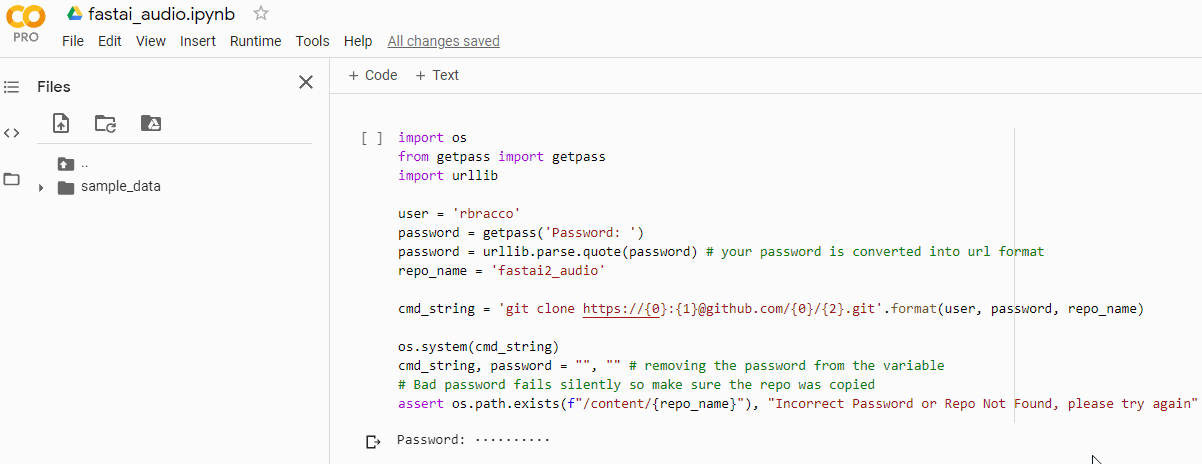Is it, though? From where I'm sitting, GitHub has been good for exactly two things. Getting the uninteresting one out of the way first: free hosting. Secondly, convincing the long tail of programmers who would not otherwise have been engaged with the FOSS scene to free their code, by presenting a shimmering city on the horizon where cool things are happening that you'd be missing out on if you were to remain stuck in the old ways that predate the GitHub era's collective mindset of free-and-open by default. That is, GitHub strictly increases the amount of free software by both luring in new makers (who wouldn't have created software otherwise, free or not) and rooting out curmudgeons (who would have produced software of the non-free variety) with social pressure.
I'm less convinced of the positive effects on "the choir"—those who are or were already convinced of the virtues of FOSS and would be producing it anyway. In fact, I'm convinced of the opposite. I grant that it has "changed the way [people] collaborate", but not for the better; the "standard way of working" referred to here by my measures looks like a productivity hit every time I've scrutinized it. The chief issue is that undertaking that level of scrutiny isn't something that people seem to be interested in...
Then you have GitHub's utter disregard for the concerns of people interested in maintaining their privacy (by not exposing a top-level index of their comings and goings to anyone who asks for it —and even those who don't—in the way that GitHub does, again, whether you asked for it or not).


